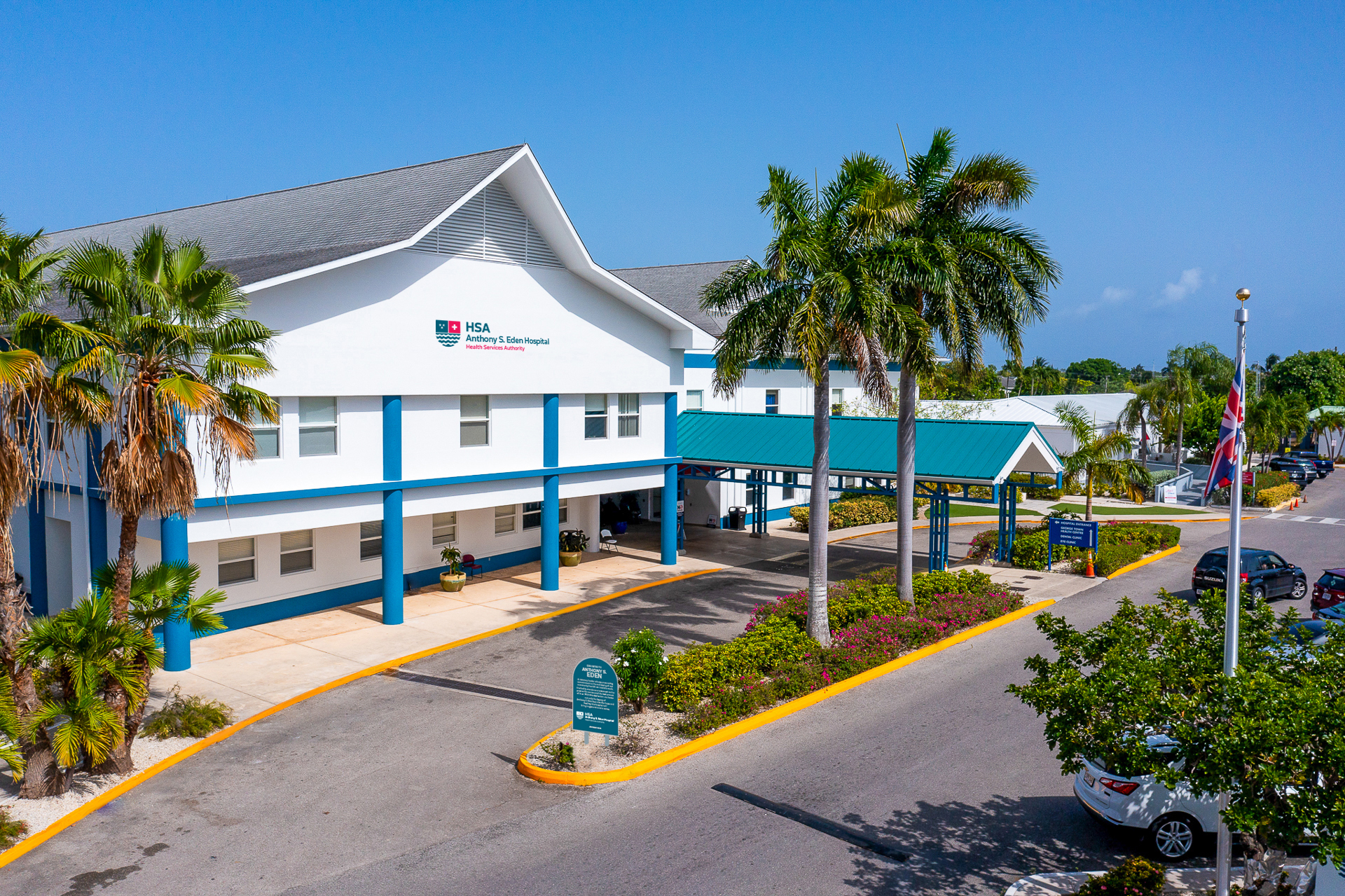By James Whittaker
Copyright caymancompass

The Health Services Authority board met 190 times in the space of 18 months and was paid almost half-a-million dollars during that time, according to information obtained by the Compass.
The lay board, which has a remit for oversight but not direct management of the authority, has been accused by critics of holding an excessive number of meetings and straying into operational matters.
Data released to this newspaper under the Freedom of Information Act shows the board held 126 meetings in 2024 and a further 64 meetings through the end of June this year. In that same 18-month span, members received a total of $490,850 in compensation, based on a pay-per-meeting schedule.
Several board members took home more than $10,000 in a single month, in September last year, according to separate data obtained by MP Chris Saunders. The independent legislator argues that level of compensation – on a par with a full-time doctor’s salary – cannot be justified.
The HSA board held just 13 meetings over an 18-month period in 2016-17, when the auditor general reviewed board remuneration and reported total payments of $23,700 for HSA directors.
Government increased the stipends for board members in February 2021 from $150 per meeting following a Cabinet directive.
Under the current scale, the chair receives $750 per meeting, the deputy chair $600, and members $500.
In a written statement responding to concerns raised earlier this year by Saunders, the board said it carries the heaviest responsibilities of any statutory authority, overseeing a healthcare system with more than 1,200 staff, multiple facilities, and complex financial and regulatory obligations.
The statement cited an “exceptional period” that required an unusual number of meetings to manage issues, including Joint Commission International accreditation and some complex clinical legal cases.
It added, “Board compensation is determined strictly by Cabinet directive, and not by the Board itself,” and noted that the HSA had received clean audit opinions for the past six years.
The board pointed to what it described as tangible achievements during the same period, including significant increases in revenue and Caymanian employment amid a surge in demand for hospital services.
Saunders: ‘Money could fund critical care nurses’
Saunders has pointed out, however, that profits have fallen over that time and that, although Cabinet determines the pay scale, the board itself sets the number of meetings. And he questioned whether all 190 meetings held over those 18 months were properly defined as meetings under the HSA Act.
He told the Compass this week that he intends to raise the matter in Finance Committee Thursday. He cited records he has obtained which show board members regularly receiving between $5,000 and $7,500 per month. In September last year, three senior members took home more than $10,000. Compass FOI records show 18 board meetings were held in that month.
“The money being spent on board stipends could fund multiple critical care nurses,” Saunders said.
“We should not be seeing hundreds of thousands of dollars going on meetings while the hospital struggles for resources.”
The increased frequency of meetings for the board, which has a membership of 6-8 individuals, appears to have persisted across different regimes, including four separate chairpersons.
Analysis of HSA financial statements shows how the amounts paid to the board have risen since 2017.
Whistleblower raised concerns
A whistleblower disclosure dating back to 2024, that has been widely circulated and has been seen by the Compass, raises questions over whether all of the board’s sessions were properly constituted meetings under the Health Services Authority Act.
The Act gives discretion to the chairman to “summon regular meetings of the Board as often as may be required but not less than ten times in any one year”. However, it also requires seven days’ notice for meetings, which the whistleblower disclosure suggests has not been met.
The author cited an example from August 2023 when they were asked to sign off on more than $30,000 in stipends, despite not being formally notified of some of the meetings, saying this was out of step with the requirements of the HSA Act.
The disclosure also alleged that sub-committee briefings, ribbon-cutting ceremonies, accreditation walk-throughs and interview panels were sometimes treated as board meetings for payment purposes. It cites further concern that hundreds of man-hours of senior management team time are being eaten up preparing for and presenting to board meetings, which may not be necessary.
The disclosure also questions the wisdom of a methodology which compensates board members on a per-meeting basis and allows the board total discretion to determine how many meetings are held and what should qualify as a meeting.
“No person should be able to determine their own compensation without a system of checks and balances,” it states.
The letter adds, “The role of the Board is not to manage the organization; its role is to ensure the organization is well managed.”
Two sources familiar with the situation told the Compass that the concerns expressed, particularly around the time being sucked up for board meetings, reflected a broad sentiment among senior management at that time.
“For every hour you spend presenting in the boardroom, that is usually at least two hours of preparation,” they said.
“Management was basically spending a significant portion of time every week preparing for and attending meetings of the board.”
The Compass put a series of additional questions to the HSA board on the basis of the FOI and the comments from Saunders. Joy Vernon, who took over the chairmanship of the board last month, referred us to the earlier, detailed statement, saying that reflected the position of the board.
“The Board honorarium is determined and paid to non-executive directors in strict accordance with the provisions outlined in each director’s letter of appointment and the Board Policy Manual, read together with the relevant letter from Cabinet,” she added in an email.
“These processes are established governance mechanisms. It should also be noted that this approach is consistent with the practices of previous HSA Boards and, broadly, with governance standards observed by statutory authorities.”
She also cited the board’s previous open letter on the issue, which states that its meeting schedule is justified by “organizational needs and statutory obligations rather than by any arbitrary or discretionary factors”.
It also states, “The legal and good governance environment of the HSA demands experienced, engaged, and accountable Board oversight of clinical, financial, strategic, and operational performance.
“Board members are selected based on proven expertise in relevant fields, including medicine, law, finance, and business. Board members commit substantial time to these obligations, regularly totalling more than 40 hours per month.
“These meetings address care-quality issues, major capital and strategic projects, regulatory compliance, hospital projects, audit scrutiny, and financial performance and policy reviews. The volume and complexity of this work are considerable.”
Local and international comparisons
The letter also argues that the current level of HSA board remuneration falls well within benchmarks for comparable public authorities in both the region and relevant Commonwealth jurisdictions.
The UK National Health Service compensates non-executive directors between $12,000–$25,000 per annum, with higher payments for board chairs.
In Canada and the UK, health authority board members routinely receive annual stipends ranging from $7,500 to over $20,000, with considerably higher payments to chairpersons responsible for extensive strategic engagement.
In Bermuda and the British Virgin Islands, comparable board roles are compensated at US$700-$1,200 per meeting, often with separate allowances for travel.
Other Caribbean jurisdictions, including Jamaica and Trinidad and Tobago, offer rates equal to or above those in Cayman.



